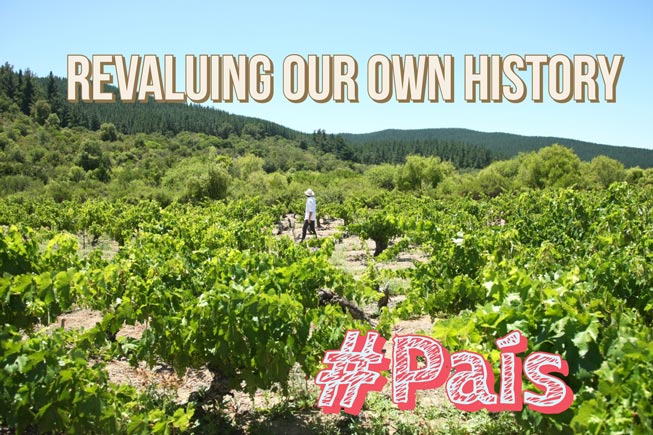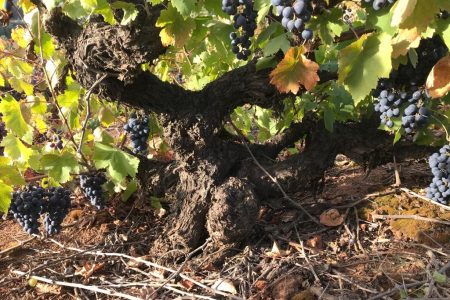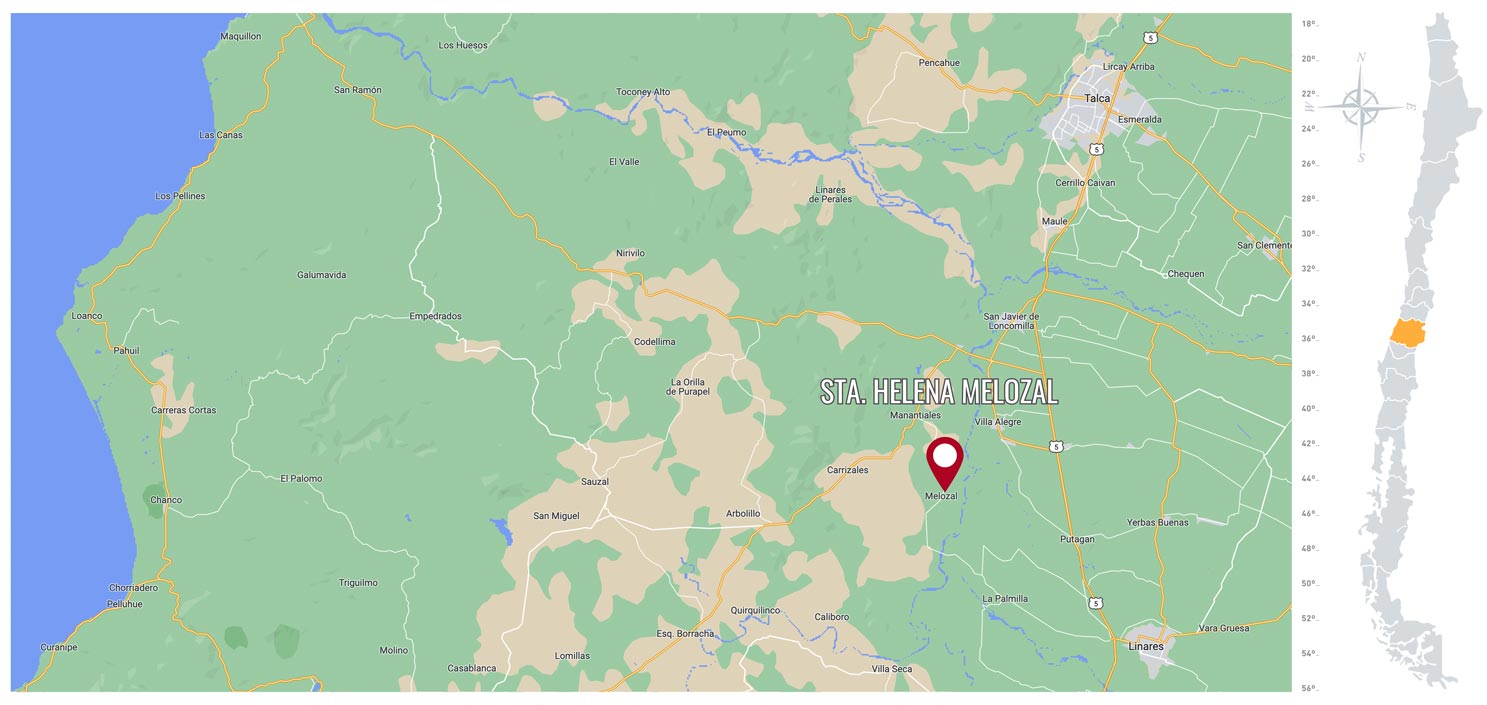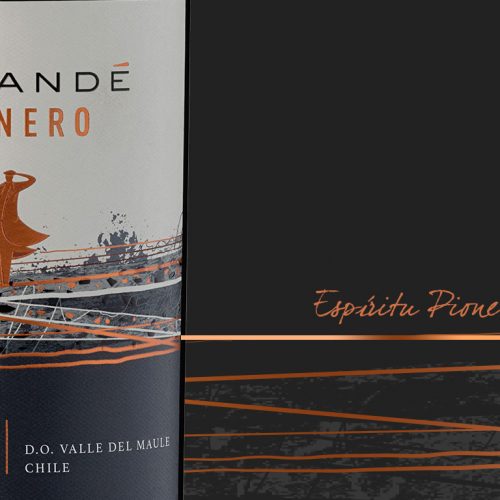
15 Sep PAÍS – Not by Cabernet alone does man live
As a result of globalization, the almost instantaneous access to information, and the current urge to tell and show what is ours, it is now possible to approach realities that otherwise would remain foreign to us. In addition, if we consider how much easier and cheaper it has become to travel abroad, it’s of no surprise that, at least in some ways, our legendary Chilean island-mentality has changed.
A little more than ten years ago, things as common as drinking a good espresso, buying French cheeses, or sourdough bread were rarities or simply impossible. Today, no one doubts that our tastes have become more sophisticated, and our world has expanded. On the other hand, and paradoxically, the flip side of this greater sophistication translates into a growing appreciation for what is local, for what is ‘ours.’ We now realize that foreign is not necessarily better just because it comes from abroad, but proves that it’s more or less the same everywhere you go…
It is not by chance that we feel growingly prouder of our identity and our particularities. If we extend these arguments to the world of wine, I think this feeling is at the basis of the reappraisal of our País grape variety.
About a decade ago, we began to trust that the País grape variety, grown in the correct soil and climate, could give us pleasant wines, genuinely Chilean, that transmitted their place of origin. But, above all, wines that speak of a history linked to the way of life in the secano (rain-fed) areas, which today we recognize as a reservoir of agricultural culture and a Spanish heritage in Chilean viticulture.
These beautiful head-pruned vineyards have survived the passage of time thanks to their rusticity and to their nature and particularities that we are only now understanding. Our current challenge is to spin the fine details in the vineyard, bringing into the equation the diversity of soils, climates, and exposures, as well as the clonal differences.
As for now, nobody asks for what they are not or cannot offer. The grapes of this variety produce wines that are honest and austere. Their lack of complexity is precisely one of their greatest virtue. They are delicious to drink on any occasion, friendly and noble. However, I’m convinced that -always in their style- they will still reach greater heights in just a short time.
At Viña Morandé, we have vinified País grapes over the last ten years in different “sauces”: from stainless steel with whole berries to fermentation in cement eggs with carbonic maceration. And we have aged the wines in various containers: from French and American oak barrels to local woods, like lenga and raulí.
Our Pionero País comes from over 80-years old vines, planted in the Melozal vineyard in Maule’s Secano Interior (Interior rain-fed dry-land). It is the starting point of this particular adventure to bring this variety –that we so much feel like our own- to the regular consumer. It is a genuine wine, which we do not like to dress up in foreign clothes to show the variety’s benefits.
It is a matter of taking chances with the País grape. It will only improve over the years. And we should support it so that it helps us to counteract one of our innate deficits: Chile’s poor country-image.
Ricardo Baettig
Winemaker at Viña Morandé




